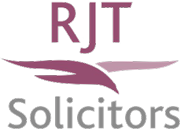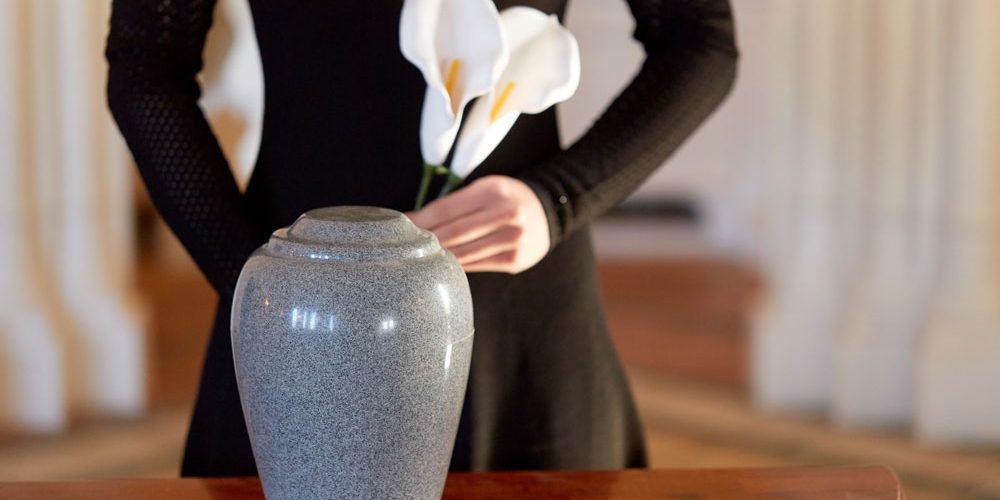Losing a loved one can be a particularly difficult time for those left behind. Knowing the practical steps to take can help ease the burden.
Registering the death is usually undertaken by a member of the deceased’s immediate family.
A medical certificate stating the cause of death will be issued by either the doctor looking after the deceased in their last illness or the coroner.
The registrar cannot register the death without a medical certificate.
The death should be registered with the registrar of deaths for the sub-district in which the death occurred. Where a dead body is found and there is no information available as to the place of death, the death must be registered by the registrar for the sub-district in which the body is found.
Register office opening hours vary from one district to another. An appointment to register the death is usually required.
The death should be registered within 5 days of :-
- Date of death, or
- Of finding the body
- A 9 -day extension is allowed if the registrar has received written confirmation that a medical certificate as to the cause of death has been signed by a doctor.
The people who have a duty to register the death depend on where the death occurred. Where a person dies in a house, the following people are qualified to give information concerning the death:
- Any relative of the deceased person present at the death or in attendance during their last illness,
- Any other relative of the deceased residing or being in the sub-district where the death occurred,
- Any person present at the death,
- The occupier of the house if they knew of the happening of the death,
- Any inmate of the house who knew of the happening of the death
- The person causing the disposal of the body
The registrar would normally allow one of the non-relatives listed above to register the death only if there are no relatives available to do it.
The term ‘house’ includes a public institution e.g. a prison, nursing home, hospital or such other public or charitable institution as may be prescribed.
Where a person dies somewhere other than in a house or where a dead body is found and no information regarding the place of death is available, the following people are qualified to give information concerning the death:-
- Any relative of the deceased who has knowledge of any of the particulars required to be registered concerning the death,
- Any person present at the death,
- Any person who found the body,
- Any person in charge of the body or
- Any person causing the disposal of the body
At the register office, the person under the duty to register the death (the informant) should provide the :-
-
- Medical certificate supplied by the doctor certifying the death;
- The deceased’s NHS medical card, if available,
If the death has been reported to the coroner, the registrar will need additional documentation.
The registrar will ask for the following details:-
-
-
-
- Date and place of death
- Name and surname of the deceased
- Maiden surname if the deceased was a woman who had married
- Date and place of death
- Occupation
- Name and occupation of spouse where the deceased was married or widowed
- Name and occupation of civil partner, where the deceased was in a civil partnership or was a surviving civil partner
- Usual address of the deceased
- Whether the deceased received a pension or allowance from public funds
- If the deceased was married or in a civil partnership, the date of birth of the surviving spouse or civil partner
- Name and surname, qualification and usual address of the informant
-
-
The registrar will enter the details in the register and request the informant to sign the entry. The informant must check the entry is correct.
The registrar will issue a certificate for the burial or cremation of the body; the funeral director cannot proceed with the funeral or cremation without it, and a certificate for social security benefits to be completed and returned to the Department for Works and Pensions.
The registrar can provide, on payment of a fee, a certified copy of the entries in the register in the form of a death certificate. The different institutions that must be informed of the death often require a death certificate. Therefore several copies are usually requested.
The death must be reported to the coroner where;
-
-
-
- The deceased was not attended during their last illness by a doctor
- The registrar has been unable to obtain a certificate of cause of death
- The deceased was not seen by the certifying doctor within 14 days before death
- The cause of death is unknown
- Death was unnatural, violent or suspicious
- Death occurred during an operation or before recovery from an anaesthetic
- Death was caused by industrial disease or industrial poisoning
-
-
In those circumstances, the registration of death and issuing of the formal death certificate will have to wait until the coroner’s enquiries are completed or the inquest is concluded.
The coroner’s initial enquiries may satisfy them, without a post-mortem, that the death was due to natural causes and they will issue a certificate giving the case to the registrar so that the death may be registered.
The coroner may arrange a post-mortem examination of the body to ascertain the cause of death. If the examination reveals that the death is due to natural causes and the coroner is satisfied that an inquest is unnecessary, they will issue the certificate giving the cause of death to the registrar.
There is a duty to hold an inquest if:
-
-
-
- The death was violent or unnatural;
- The death occurred in prison or in police custody;
- The cause of death remains unknown after a post-mortem examination
-
-
The issue of a death certificate is delayed until the coroner reaches a verdict; this may take months or even years. The coroner may issue an interim certificate recording the fact or death but not the cause.
The coroner will send a certificate to the registrar setting out the findings as to cause of death. The registrar will then register the death and the death certificate can then be supplied on application.
Deaths abroad
The following are registered by the relevant service department and then with the General Register Office:-
-
-
-
- Deaths of members of the armed forces;
- Deaths of service civilians and members of their families;
- Deaths on board Her Majesty’s ships & service aircraft
-
-
For other deaths abroad:
-
-
- The deaths must be registered in the country and area concerned
- A doctor’s certificate of the cause of death must be obtained
- A death certificate must be obtained
-
RJT Solicitors, your friendly and approachable family solicitor











